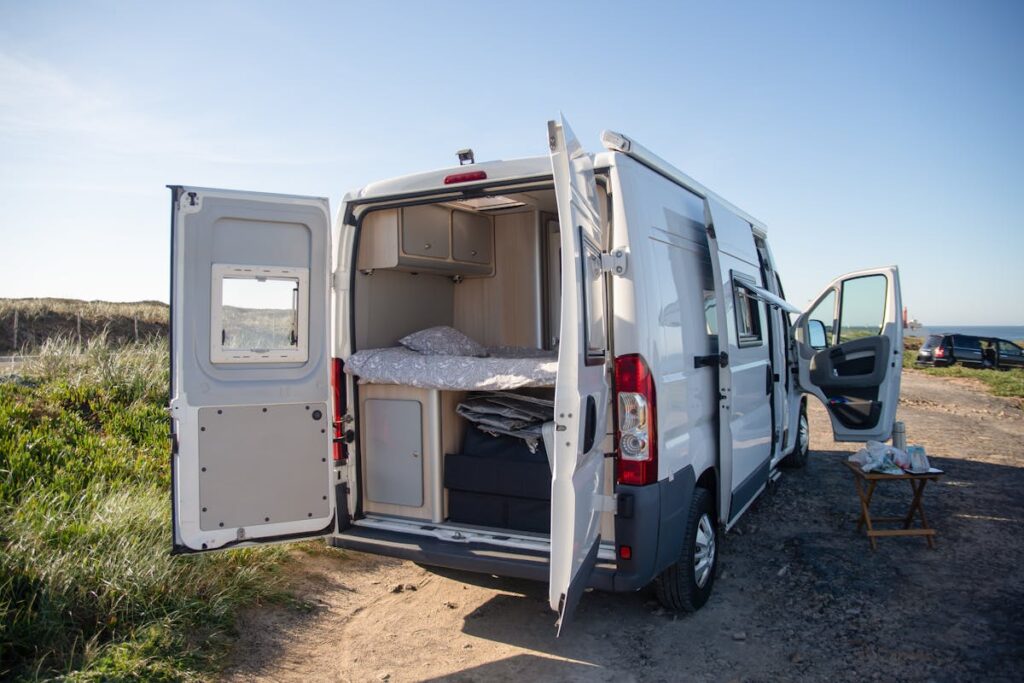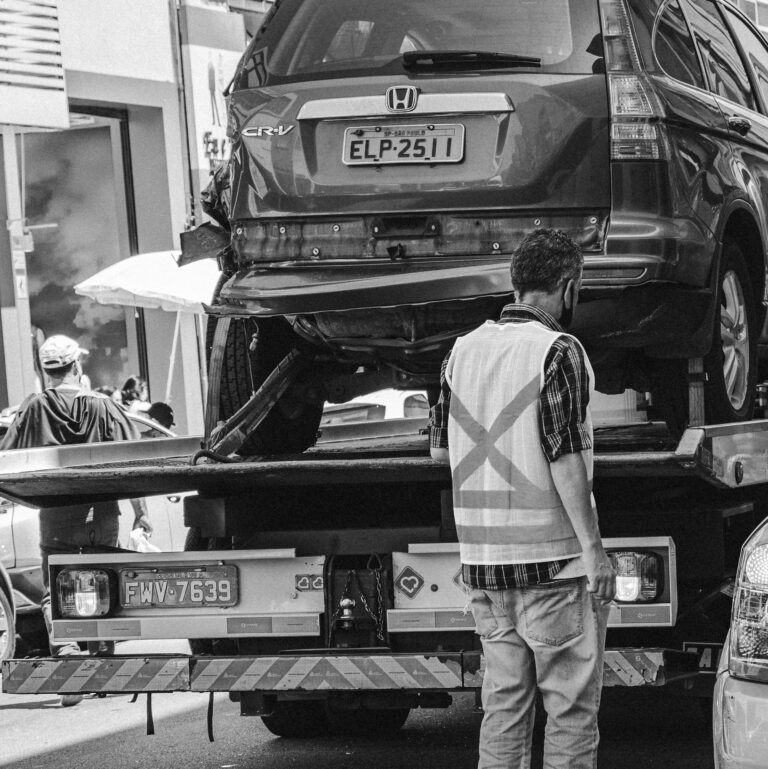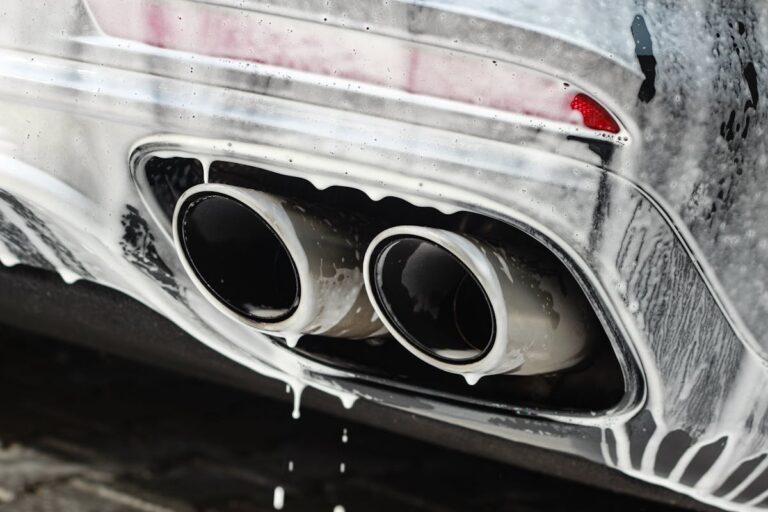Is Car Camping Legal in California
car camping is legal in designated areas such as state parks, national forests, and private campgrounds. However, urban areas have varying restrictions. Cities like Los Angeles prohibit sleeping in cars overnight, while places like San Diego are more lenient. Despite this, the potential ramifications of violating local laws, which may include punitive fines or even misdemeanor charges, underline the importance of understanding the specifics of regional legislation. Always check local regulations before camping.
Understanding California’s Car Camping Laws
In the vast landscape of California, there are several laws and regulations that govern car camping. These laws vary considerably across the state, as it is largely dependent on the local jurisdiction whether or not overnight parking or urban car camping is permissible.
Primarily, in many urban areas, car camping is heavily regulated to address issues of homelessness and to guarantee public safety. For instance, in the city of Los Angeles, it is illegal to sleep in a car between the hours of 9 p.m. and 6 a.m. Additionally, car camping is prohibited at all times within one block of schools, daycare facilities, and parks.
However, in some other areas, such as San Diego, it’s generally legal to sleep in your car. Nevertheless, many cities have specific overnight parking regulations. These typically restrict the hours during which a vehicle can be parked in a certain area. Violating these rules can result in substantial fines.
The diversity of these regulations underscores the need for prospective urban car campers to thoroughly research local laws. Understanding California’s car camping laws can help to guarantee a safe and legal car camping experience.
What cities in California allow overnight car parking?
| Location | Car Camping Rules |
|---|---|
| Los Angeles | Prohibited 9 PM – 6 AM, banned near schools/parks |
| San Diego | Allowed in most areas but check overnight rules |
| State Parks | Allowed with reservations in designated areas |
| National Forests | Allowed, max stay of 14 days in one spot |
State Parks and Car Camping
Venturing beyond the city limits, car campers in California often find solace in the state’s vast array of parks. These state parks offer a diverse range of natural environments, from the majestic coastal views of Julia Pfeiffer Burns State Park to the towering redwoods of Jedediah Smith Redwoods State Park.
Car camping in these state parks is typically allowed, with many parks providing designated campsites that can accommodate vehicles. These sites often include basic amenities such as picnic tables, fire pits, and restroom facilities. However, campers should note that state parks usually require camping reservations to secure a spot, particularly during the peak season.
Regulations for car camping can vary from park to park. Consequently, it is advisable to research the specific rules of the state park you plan to visit. Some parks may limit the size of the vehicle allowed, while others may have restrictions on the use of generators or certain types of camping equipment.
Car Camping in National Forests
Moving beyond the boundaries of state parks, car campers might also consider the vast expanses of California’s national forests as potential sites for their adventures. These forested landscapes, managed by the U.S. Forest Service, offer numerous areas where car camping is permitted, providing an opportunity to immerse oneself in nature’s bounty while still maintaining certain comforts.
However, it’s vital to familiarize oneself with the various forest regulations to guarantee compliance and respect for these natural environments. Car campers must adhere to rules regarding campfire usage, waste disposal, and noise levels, among others. Additionally, it’s significant to acknowledge that overnight stays are typically limited to 14 consecutive days in one location.
Respecting camping etiquette is equally paramount. Campers are encouraged to minimize their impact on the environment by adhering to the “Leave No Trace” principles, including disposing of waste properly, keeping campsites clean, and respecting wildlife.
In California’s national forests, car camping can provide an enriching, nature-filled experience. However, it’s necessary to respect the regulations and etiquette that help preserve these treasured natural resources for future generations. Remember, the goal is to enjoy and appreciate the outdoors responsibly.
Rules for Beachside Car Camping
Shifting focus to the coastline, one can’t overlook the allure of beachside car camping in California. This unique experience, however, comes with its own set of regulations and requires adherence to campsite etiquette.
The Golden State’s beach regulations vary from beach to beach; hence, it’s essential to research specific rules for your chosen location. Generally, overnight parking and camping are allowed in designated areas only, often requiring a permit. In addition, campfires may be prohibited or restricted to certain areas to prevent environmental harm.
Campsite etiquette is not only about respect for others but also for the environment. Campers are expected to minimize noise, especially during quiet hours typically between 10 PM and 6 AM. Trash should be disposed of properly or packed out, and all camping gear should be confined to your assigned area to avoid encroaching on the space of others.
It’s also important to note that many beaches enforce a ‘Leave No Trace’ policy, which involves leaving the beach as you found it. This includes not disturbing wildlife or vegetation and removing all traces of your camp before departure.

Private Campgrounds and Car Camping
In the arena of car camping in California, understanding the specific rules of private campgrounds is paramount. Not only does this involve a grasp of the regulations, but also an extensive knowledge of essential items to bring along for a safe and comfortable car camping experience. Additionally, the discussion will encompass the importance of respecting both the campgrounds and the environment for a sustainable outdoor adventure.
Understanding Private Campgrounds Rules
You might wonder about the rules for car camping in private campgrounds across California. As a camper, it’s vital to recognize that these campgrounds operate under their own sets of guidelines, which are typically designed to guarantee safety and maintain a peaceful environment for everyone.
Private campground amenities often include restrooms, showers, picnic areas, and sometimes even Wi-Fi. However, utilization of these facilities usually requires adherence to specific campground rules. For instance, some campgrounds may have ‘quiet hours’ to promote a tranquil atmosphere for all campers.
Campground reservation policies can vary extensively. Some campgrounds operate on a first-come, first-serve basis, while others may require reservations months in advance. As a result, it’s important to research and understand the specific policies of the campground you plan to visit.
Furthermore, many private campgrounds in California have policies regarding car camping specifically. These rules can range from designated parking areas, restrictions on vehicle size, to regulations about idling engines.
Car Camping Essentials Guide
Venturing into the domain of car camping calls for careful planning and preparation, particularly when considering the rules and regulations of private campgrounds in California. A well-thought-out checklist of camping gear is a must, ensuring you are well-equipped for any situation.
A comfortable sleeping setup is the cornerstone of car camping. Opt for a quality sleeping bag, ideally one that’s weather-appropriate. An inflatable mattress or camping pad can provide additional comfort. A compact, portable stove is also useful for preparing meals. Remember to pack a cooler for perishable items and a water storage container for hydration.
Safety should be paramount in your planning. A first-aid kit is indispensable, and it should be stocked with essential items like bandages, antiseptic wipes, tweezers, and emergency medications. A multi-tool is another safety essential, providing you with various functionalities in one compact device.
Lighting is often overlooked but is crucial. Headlamps are a hands-free option, while lanterns can illuminate a larger area. Finally, navigation tools such as maps and compasses are essential, especially in areas with unreliable cell coverage.
Adhering to these safety tips and securing the right camping gear will enhance your car camping experience in California’s private campgrounds, making it enjoyable and safe.
Respecting Campgrounds and Environment
With respect to private campgrounds in California, it is vital to maintain a balance between enjoying the natural beauty and preserving it. As car campers, our actions have direct environmental impact, shaping the future sustainability of these cherished outdoor retreats.
Following campground etiquette is the first step towards striking this balance. This involves respecting the guidelines provided by campground owners, which often include rules about waste disposal, noise levels, and the use of communal facilities. Being considerate of other campers is not just about fostering a pleasant atmosphere, it’s about guaranteeing the longevity of these spaces for future enjoyment.
The environmental impact of car camping should also be a primary concern. It’s important to minimize waste, avoid disturbing wildlife, and keep to designated camping areas to prevent erosion or damage to vegetation. This ‘leave no trace’ philosophy is essential in preserving the natural integrity of the campgrounds.
Car camping in California is a privilege, offering unique access to some of the most breathtaking natural scenery in the U.S. However, it comes with a responsibility to respect both the campgrounds and the environment they inhabit. By adhering to these principles, we can guarantee that these spaces remain enjoyable and sustainable for years to come.
Potential Penalties for Illegal Car Camping
California’s stringent laws on car camping come with potential penalties that any outdoor enthusiast should be keenly aware of. The exact penalties can vary depending on the specifics of the violation, but they typically involve penalty fines, legal consequences, or both.
Penalty fines for illegal car camping are generally steep, designed to discourage such behavior. The exact amount can vary widely, from a few hundred to several thousand dollars, depending on the severity of the violation, the specific jurisdiction, and whether it’s a repeat offense. It’s also worth noting that such fines are typically per violation, which means that the total amount can add up quickly for multiple violations.
Legal consequences can include misdemeanor charges, which can result in a criminal record. This can have far-reaching implications, affecting everything from employment prospects to housing applications. In some cases, particularly egregious or repeat offenses may even result in jail time.
Tips for Responsible Car Camping
Given the potential penalties and legal repercussions associated with illegal car camping, it becomes imperative to adopt a responsible approach while planning such outdoor ventures in California. One of the key elements to responsible car camping is abiding by camping etiquette. This includes respecting other campers’ space and privacy, maintaining quiet hours, and leaving no trace of your presence once you depart.
It’s also important to respect the environment by avoiding protected areas, not disturbing wildlife, and disposing of waste properly. Ignoring these practices can result in fines and penalties, not to mention the negative impact on the natural environment.
Safety precautions are another essential aspect of responsible car camping. This includes securing your campsite from potential wildlife encounters, keeping a first aid kit on hand, and being aware of the risk of carbon monoxide poisoning from running your car in an enclosed space. Additionally, always inform someone of your whereabouts and estimated return time when commencing a car camping adventure.
Legal Car Camping Checklist:
- ✅ Check local laws before parking overnight
- ✅ Obtain necessary permits for state parks or campgrounds
- ✅ Follow posted rules regarding quiet hours and waste disposal
- ✅ Avoid prohibited areas like school zones or private property
Frequently Asked Questions
Can I Park My RV on Any Public Street to Camp Overnight?
In California, RV parking regulations vary by city. Some permit overnight street parking, while others do not. It is essential to understand local overnight camping laws to guarantee compliance and avoid potential fines.
Do I Need a Special Permit for Car Camping in California?
In California, car camping regulations vary by location. No universal permit is required. However, certain areas may necessitate a camping permit. Always check local ordinances or consult park officials for specific camping permit requirements.
What Safety Precautions Should I Take While Car Camping?
When car camping in California, prioritize fire safety. Use established fire rings, fully extinguish fires, and guarantee hot embers are not left unattended. Maintain wildlife awareness, securely store food, and avoid feeding or approaching animals.
Are There Designated Car Camping Spots in Urban Areas?
Yes, there are designated car camping spots in urban areas in California. However, specific urban camping regulations and city parking restrictions apply, so it’s crucial to research and comply with local laws and guidelines.
What Amenities Are Usually Available at Car Camping Sites?
Car camping sites typically offer a range of amenities for comfort and convenience. These often include campsite facilities such as restrooms, picnic tables, and fire pits for outdoor cooking, along with waste disposal services.






